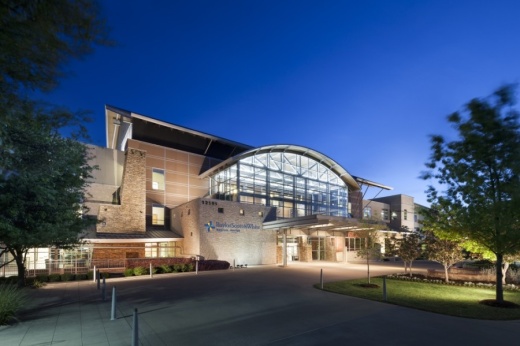The Dallas-Fort Worth Hospital Council has begun talks with state lawmakers to lobby for the potential expansion of insurance for low-income Texans under the Affordable Care Act, according to Stephen Love, the group’s president and CEO.
“While I can’t comment directly on the financial operations of our hospitals, let me just tell you this: I know from experience, COVID-19 has been a severe financial hit to all hospitals,” Love said June 3.
Hospital revenues were heavily affected by early executive orders in March that required medical facilities to postpone elective surgeries, Love said. These nonessential procedures, which were allowed to continue in April, are significant parts of a hospital’s bottom line, Love said.
Hospitals in the area had already spent additional money to purchase protective equipment for their employees as they prepared for a rise in the number of cases caused by the highly infectious virus.
Hospitals may have also been affected by a dramatic rise in people losing their jobs during the pandemic, Love said. Because health insurance is tied to employment for many Texans, layoffs can lead to fewer people with the insurance they might need to cover medical expenses.
Although the DFW Hospital Council declined to share financial information for its member hospitals, at least one major Texas health system has taken action to address the loss in revenues.
Baylor Scott & White Health announced last week it planned to lay off 1,200 employees and furlough an undetermined number more in response to a “drastic drop in visits.”
In a May 26 statement, the not-for-profit health system cited the postponement of nonessential surgeries and other procedures as one of the causes of the revenue drop.
The layoffs represented 3% of the hospital system’s workforce, according to the statement.
Despite the heavy revenue losses, there were signs that hospital traffic was beginning to recover somewhat.
As of last week, hospital admissions in the Baylor Scott & White system had returned to 92% of pre-coronavirus levels. Operating room cases were back to 97% of their levels before the pandemic.
In the meantime, government programs intended to assist hospitals have not fully closed the difference between revenues and expenditures, Love said.
“There’s still quite a gap,” he said.





